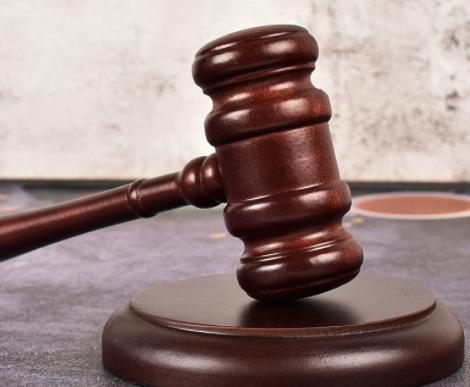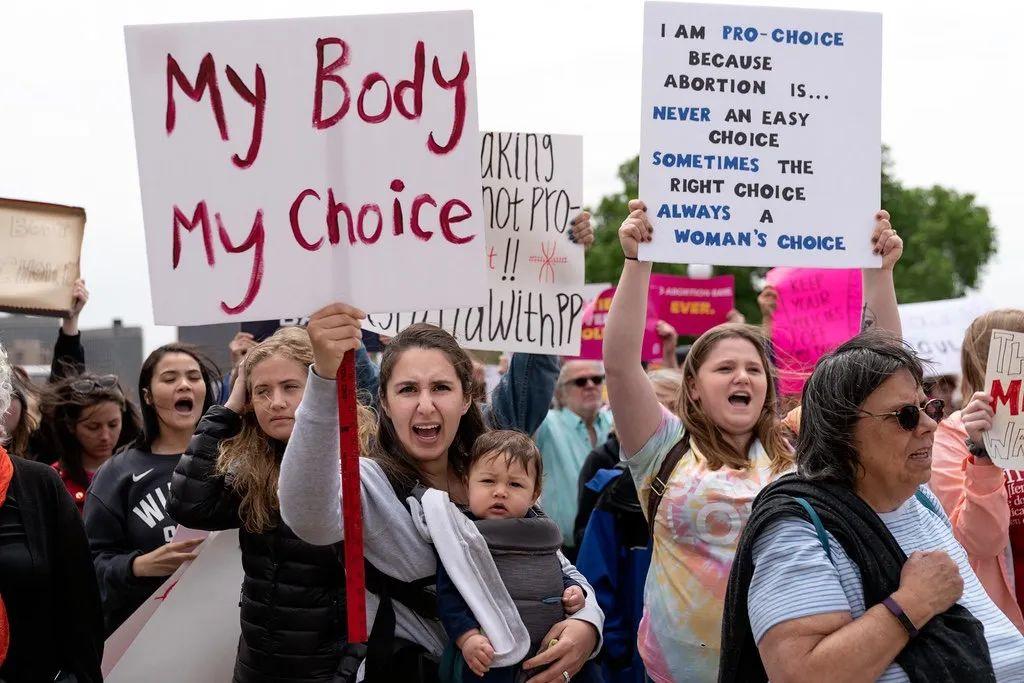The issue of abortion has long been a contentious and deeply polarizing topic across the globe. In recent years, the debate has gained renewed attention in light of legislative changes in various countries, including the United States.
Now, France finds itself at the center of this ongoing discourse as the National Assembly prepares to consider a bill aimed at enshrining a woman’s right to abortion in the French Constitution.
The proposed amendment, championed by President Emmanuel Macron’s government, seeks to modify Article 34 of the French constitution to explicitly guarantee the freedom of women to have recourse to abortion, with the conditions determined by law.
This move comes in response to concerns raised by the rollback of abortion rights in the United States, signaling France’s commitment to upholding and protecting reproductive rights.
The legislative process for amending the French Constitution is a complex and multi-step procedure. The bill must first secure approval in the National Assembly before proceeding to the Senate for further deliberation and a subsequent vote.
Should it pass both chambers of parliament, the amendment would then require endorsement through either a referendum or a three-fifths majority in a joint session of parliament.
President Macron’s government has expressed a preference for the latter approach, emphasizing the significance of garnering widespread support for the proposed constitutional amendment.
However, the level of backing in the Senate remains uncertain, adding an additional layer of complexity to the legislative journey of this pivotal bill.
At the heart of this legislative initiative lies a fundamental question of human rights and individual autonomy.
Proponents of the amendment argue that it is essential to explicitly recognize and safeguard women’s freedom to make decisions about their reproductive health.
They contend that enshrining this right in the constitution is not only a matter of legal clarity but also a statement of societal values, affirming the principle of bodily autonomy and gender equality.
Conversely, opponents of the amendment raise a range of objections, citing moral, ethical, and religious considerations.
They argue that the proposed changes could have far-reaching implications for the protection of life and the moral fabric of society.

The debate surrounding abortion rights is deeply rooted in divergent perspectives on the beginning of life, individual rights, and the role of the state in regulating reproductive choices.
Moreover, the proposed constitutional amendment in France occurs within the broader context of global trends and shifts in reproductive rights and healthcare policies.
It reflects a broader international conversation on the implications of legal and legislative changes for women’s access to reproductive healthcare services, the autonomy of healthcare providers, and the role of government in shaping public health policies.
The deliberations surrounding the bill also prompt a critical examination of the intersection between law, politics, and societal values.
The process of amending a constitution necessitates a careful balancing of competing interests, legal principles, and public sentiment.
It calls for a nuanced consideration of the implications of constitutional changes on the rights and freedoms of individuals, as well as the broader implications for the functioning of democratic institutions.
In addition to the legal and ethical dimensions, the debate over the proposed amendment in France carries significant implications for public discourse and societal attitudes towards reproductive rights.
It has the potential to shape public perceptions, influence policy agendas, and contribute to a broader reevaluation of gender equality and women’s rights in the context of healthcare and bodily autonomy.
As the National Assembly embarks on the deliberation of this consequential bill, it stands at the crossroads of history, tasked with the weighty responsibility of shaping the legal landscape and societal norms surrounding reproductive rights in France.
The outcome of this legislative process will not only have immediate legal implications but also reverberate through the fabric of French society, reflecting the evolving values, priorities, and aspirations of its citizens.
In conclusion, the proposed constitutional amendment in France to enshrine a woman’s right to abortion represents a pivotal moment in the ongoing discourse on reproductive rights and individual freedoms.

The legislative journey of this bill encapsulates complex legal, ethical, and societal considerations, underscoring the intricate interplay of law, politics, and public values.
As France navigates this critical juncture, the outcome will shape the contours of reproductive rights and gender equality, resonating far beyond the realm of constitutional law.
The recent proposal regarding abortion rights in France has sparked a contentious debate within the conservative majority of the Senate, leading to uncertainty surrounding its potential passage.
Should the bill successfully navigate through both houses, President Macron is poised to convene a special legislative session, aiming to secure a three-fifths majority vote.
Notably, while abortion was decriminalized in France by a 1975 law, there exists no constitutional guarantee for abortion rights.
The government, in defense of the bill, has underscored the perceived threat to abortion rights, citing the 2022 overturning of a longstanding US Supreme Court ruling.
This decision has catalyzed concerns, with the bill’s introduction highlighting global trends that seek to impede women’s freedom to terminate pregnancies.
The situation in Poland, where a contentious tightening of abortion laws triggered widespread protests, serves as a poignant example.
In 2020, the Polish constitutional court’s ruling further restricted abortion access for women in cases of severe fetal deformities, including Down Syndrome.
These developments underscore the significance and complexity of the ongoing discourse surrounding abortion rights, both within France and on a global scale.
